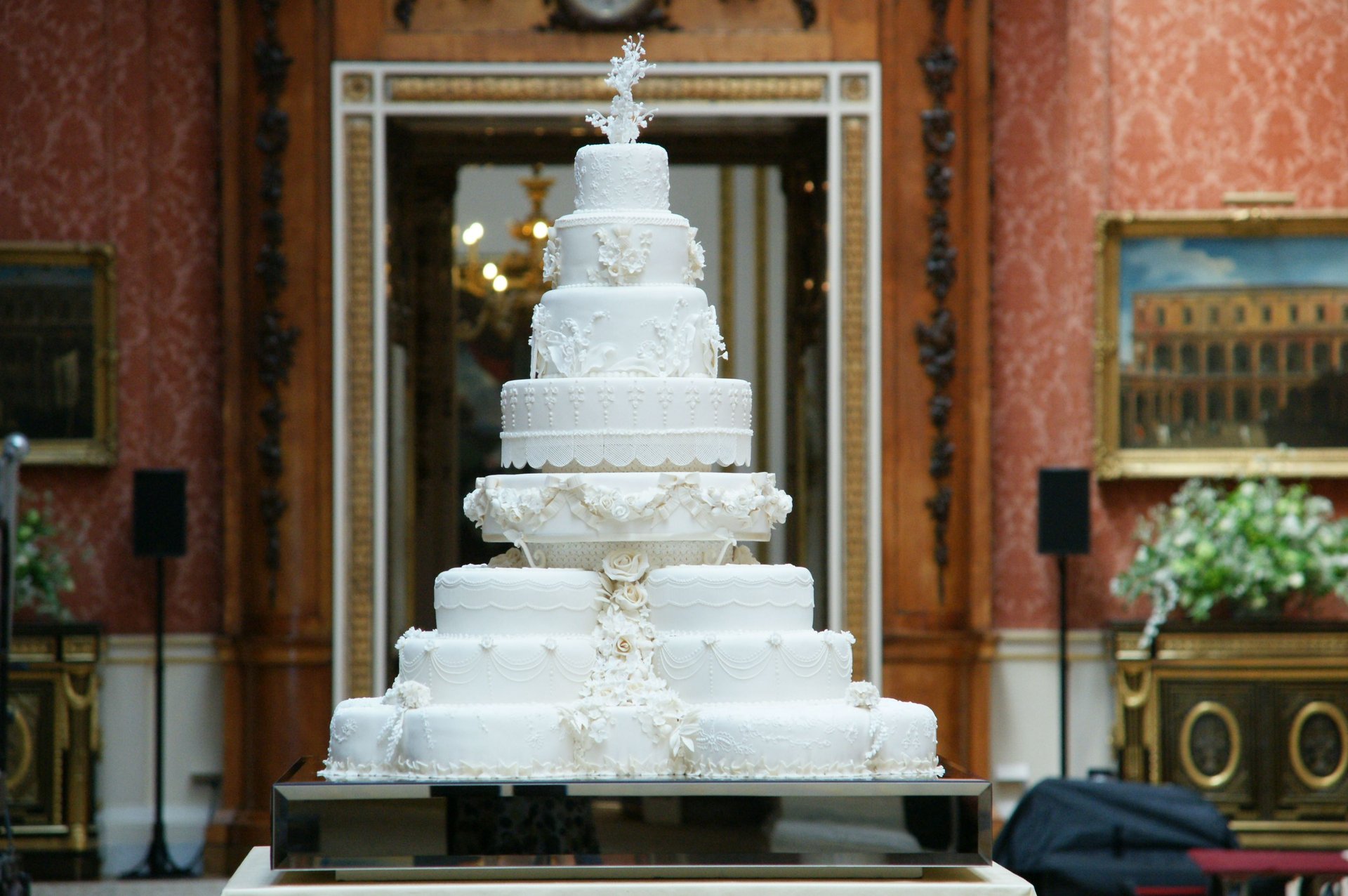Americans are ok denying service to same-sex couples, but not for the reasons you expect
In June, the US Supreme Court is expected to hand down a decision about whether Masterpiece Cakeshop owner Jack Phillips was within his constitutional rights to refuse to make a wedding cake for a gay couple because their marriage conflicts with his Christian beliefs.


In June, the US Supreme Court is expected to hand down a decision about whether Masterpiece Cakeshop owner Jack Phillips was within his constitutional rights to refuse to make a wedding cake for a gay couple because their marriage conflicts with his Christian beliefs.
Americans are a split on the matter. Yet it has little to do with religion.
Earlier this year, Indiana University researchers surveyed 2,035 Americans in the first national survey to clarify why a large segment of the public endorses businesses’ right to deny service. Respondents were all given brief descriptions of a scenario where a couple tried to purchase wedding-invitation portraits and were denied service. There were eight different versions of the scenario, assigned randomly to the study participants; each included a unique combination of the following:
- a same-sex or interracial couple
- a self-employed photographer or a corporate chain
- the denial was for explicitly religious reasons or for explicitly non-religious reasons
Afterwards, the researchers asked the participants to respond to questions about these scenarios, along the lines of “do you think the corporate chain should be allowed to deny service to a same-sex couple?” and then had them explain their answers. The results were published Dec. 20 in Science Advances.
More than half (53%) of the participants that businesses should be allowed to deny services to a gay couple, and 39% said businesses should be allowed to discriminate against interracial couples. Federal law prohibits discrimination based on sexual orientation for federal employees, but there is no definitive protection in the private sector.
Surprisingly, however, they were just as likely to support a business’s decision to deny service based on non-religious reasons as they were to support a religious-based denial of service. This trend held even among conservatives, evangelicals, and those frequently attending religious services—a group more likely to support denying service to same-sex couples.
(The study notes that 47% is statistically indistinguishable from 45% in this case.)
“The finding challenges the idea that denial of service to same-sex couples is all about religious freedom,” said Brian Powell, the lead author of the study and a professor of sociology at Indiana University in a university statement. “People may oppose same-sex marriage because of their beliefs, but their views about denial of service have nothing to do with whether the denial is for religious reasons.” In fact, 61% of the study participants supported same-sex marriage (and 90% supported interracial marriage), a number that reflects other larger US surveys.
Instead, said Powell, many participants framed their support in terms of “individual rights and libertarianism.” The survey suggests that Americans are more likely to be uncomfortable requiring self-employed individuals to provide their services than requiring corporations to do the same: 61% thought a self-employed a photographer should be able to deny service, but only 31% thought a corporation should be able to do so. Others believed that businesses should have the right to refuse service, but expected that discriminatory businesses would be punished in the market.
Following the specific survey questions, the researchers asked open-ended questions about participants’ reasoning. The study points out one especially notable finding from this section: discussion of ”artistic expression and freedom of speech,” central to the pending Masterpiece Cakeshop Ltd. v. Colorado Civil Rights Commission (paywall) case before the Supreme Court, was virtually absent.